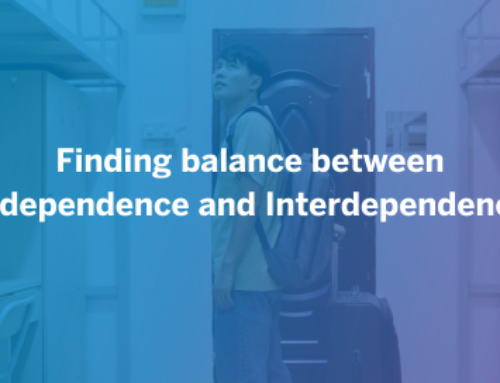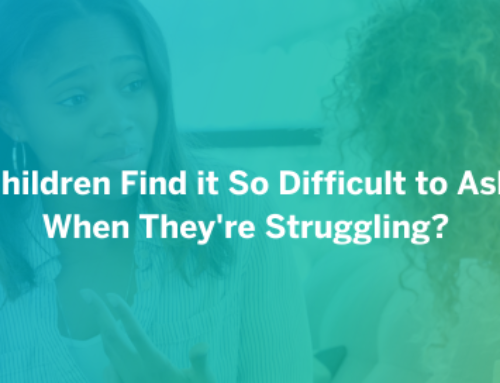
The stories of the people I’ve met since I began working at LSIS continue to amaze me. Whenever I begin a speech about substance abuse, there is always a moment where I briefly worry if people will care to receive our message. I often look around before my speech, thinking that I’m about to tell a story whose message might contradict the ideas, cultures, and lifestyles of some of those listening. Who wants to have an emotional conversation about mental health and drug use? And yet, speech after speech, for a whole year, I’ve been awed by the braveness of the children who approach to ask for help, share their stories, and engage in powerful conversations.
If I’ve worried that people would rather not engage in serious and personal dialogue, I can see now that they are yearning for it.
This week we offered parents of school-aged children substance abuse prevention boxes. Each box contains tools to guide parents in opening up a dialogue about substance abuse with their children, as well as important research on the risks and effects of these drugs.
Again I was inspired by many parents’ willingness to not only inquire about the box but to engage in a passionate discussion about its importance and impact. People were grateful that we were there to talk to them; that there was an organization so concerned with helping parents and children better understand substance abuse. My coworkers and I were amazed at the kindness we experienced, the conversations we had, and the stories we heard. One story that moved us was told by a man named Darryl.
Darryl first glanced at our box and said “no thank you.” He wasn’t interested. But he was kind and friendly, and so he took the quick moment to grant us a “well what is this about anyway?” As usual, when we started to discuss our message, he engaged with us earnestly. He was eager to talk about substance abuse and mental health. He told us about his 25-year-old daughter, his 14-year-old daughter, and his 4-year-old grandson.
Soon he asked for 2 boxes; one for him and one for his friend.
We talked to Darryl on the phone two days later. He sounded happy to hear from us. He quickly told us that his daughter took interest in the box and that they went through it together. His 14-year-old daughter wanted to see what was in it as well. He was grateful we gave it to them. He then explained why.
Darryl told us that he was not able to read. When he was in 8th grade, he was told by a teacher that he was helpless and would never succeed. He was young, and he believed what the teacher had told him. By the 9th grade, he told his mother he would no longer try in school and he gave up entirely. His mother told him that if he was giving up on school then he had to get a job. He was 15 years old. His formal education ended there.
So Darryl was moved by our efforts. Moved by social workers, doctors, and ordinary people who want to reach children and tell them that they do have a future in which they can undoubtedly succeed. Moved by people who are doing everything in their power to protect children from anything that may prevent their growth. Darryl told us that he wore the shirt provided in the box to work yesterday.
Darryl’s story reminds me why people enthusiastically engage with our message. Because even if it may seem like people don’t want to be approached with a serious discussion about substances and mental health in the middle of a weekday, they are often relieved to discuss these matters with those who care. People have all been through the wringer. We speak with people who have experienced mistreatment and trauma. People who have lost loved ones to drugs. People who have broken family systems at the hands of alcoholism and addiction. The ricochet effect of overdose has touched us all. The ricochet effect of not putting in the effort to protect and encourage children mattered to Darryl, and it has a real place in the lives of those that come up and speak with us. A little box, made with a lot of time and effort, and filled with some cards, videos, and guidance can go a long way.
By: Danny Z
Danny is a in house LSIS Prevention Speaker.







